Contracts are special legal agreements that define, create, and govern rights and obligations among the parties involved. Service contracts are just one form of countless contract variations, and their primary purpose is to create a written agreement between parties offering and receiving particular services.
Their creation comes with plenty of obligatory and advisable elements. This article covers all of them and provides you with helpful tips for using a template. So be sure to stick around to the end to read about the templates.
Free Templates
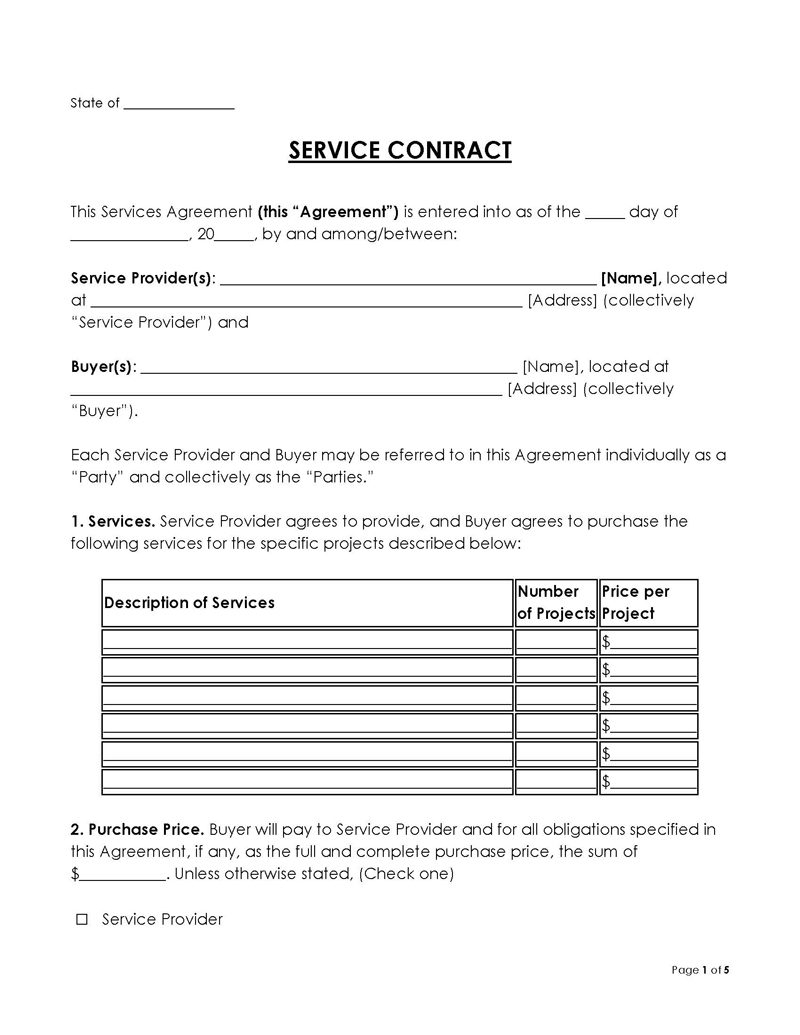
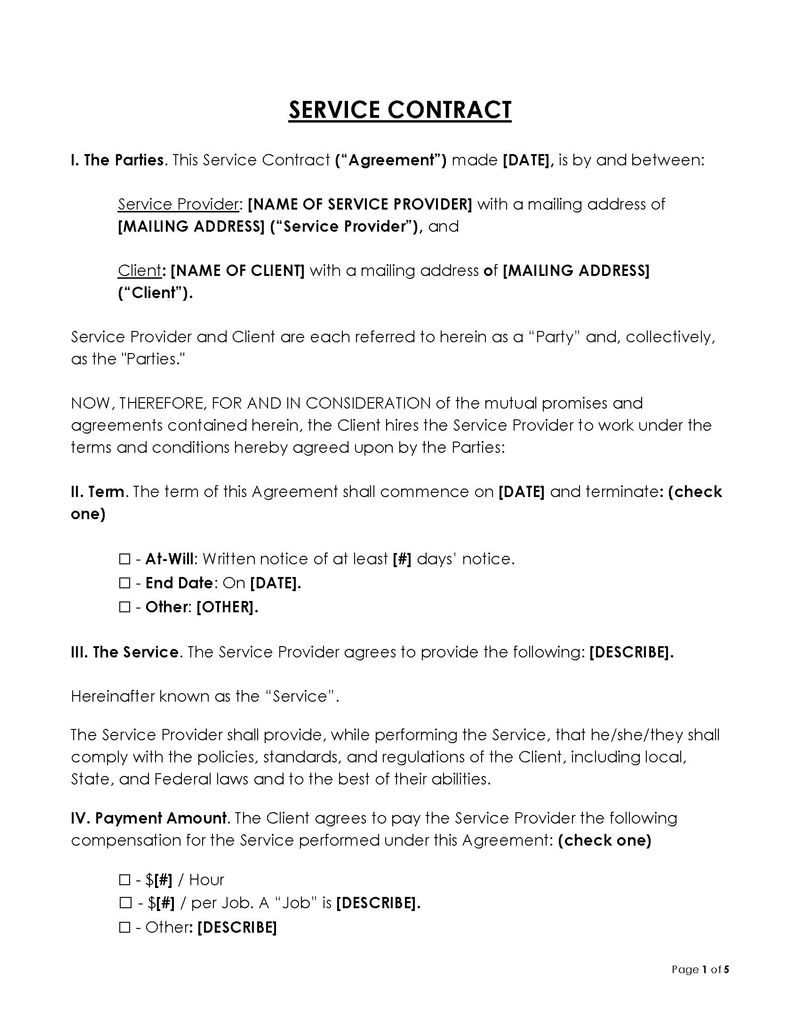
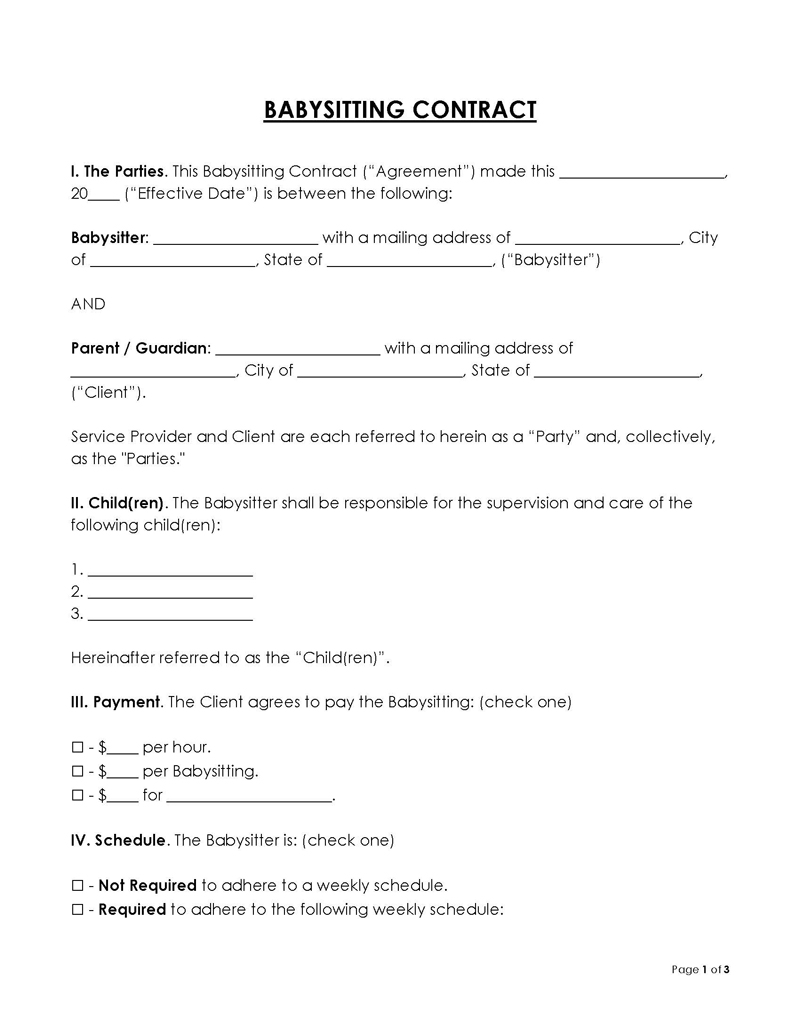
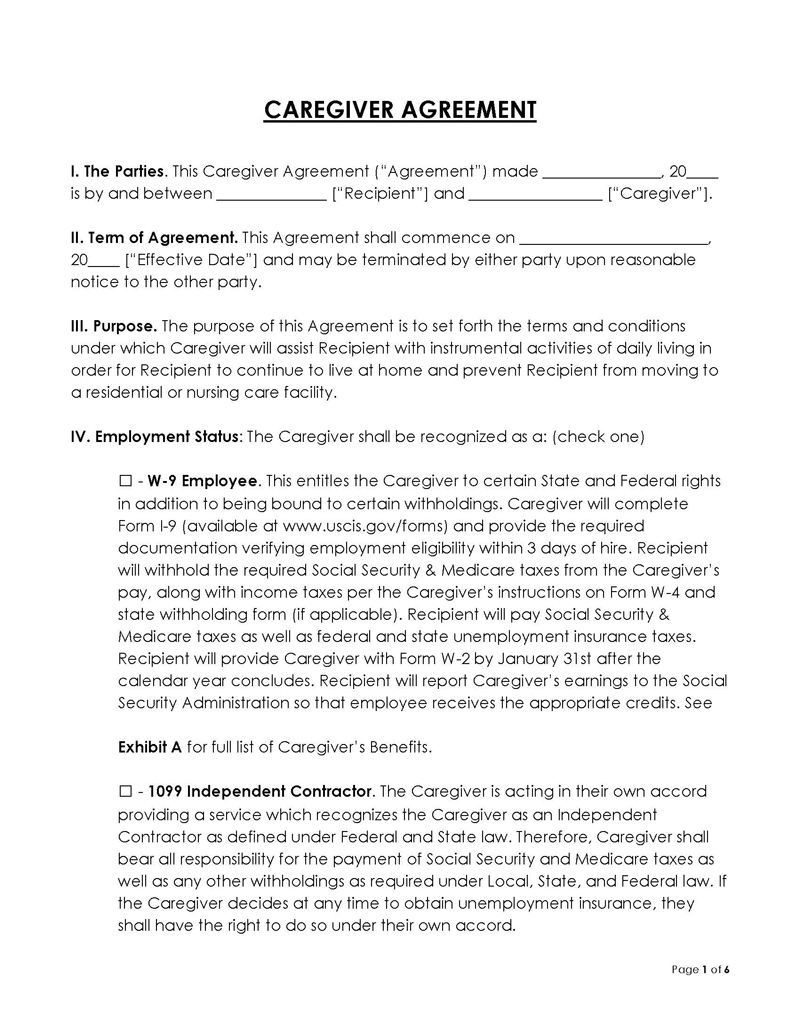
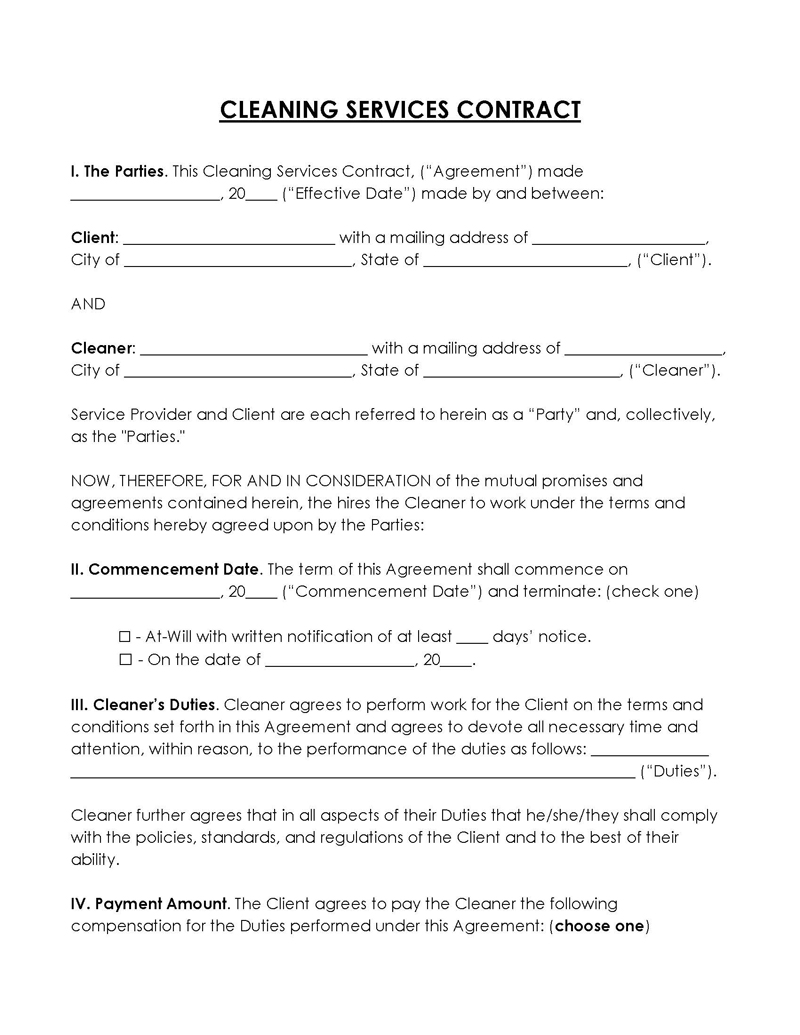
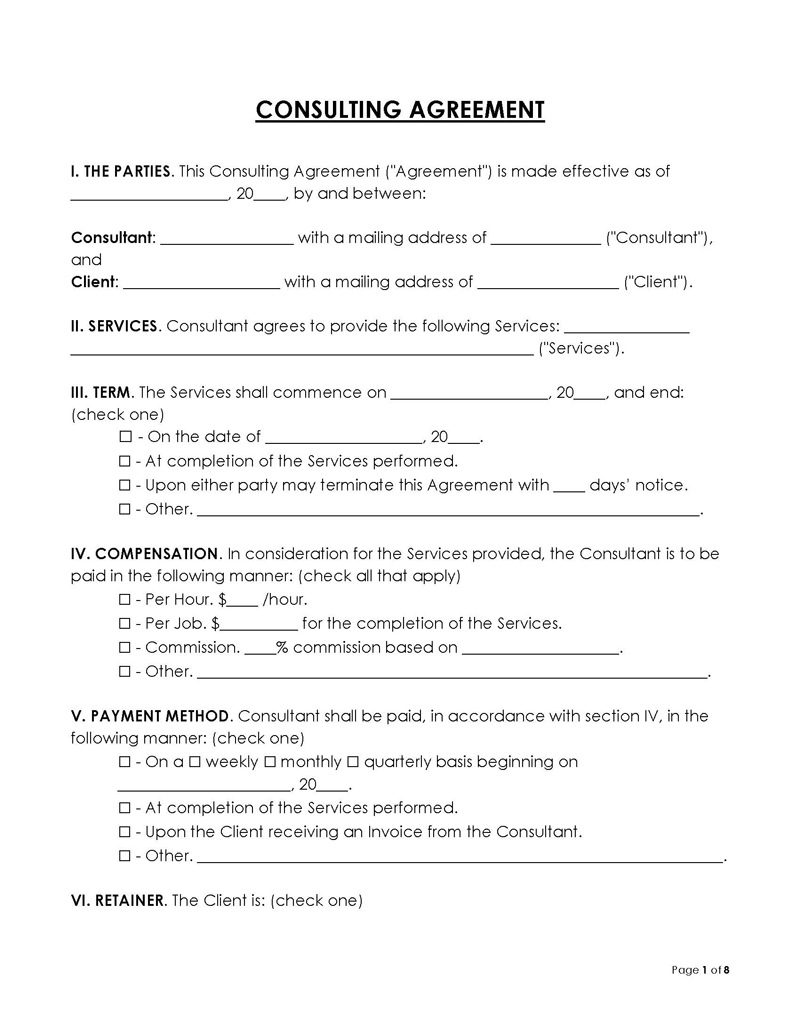
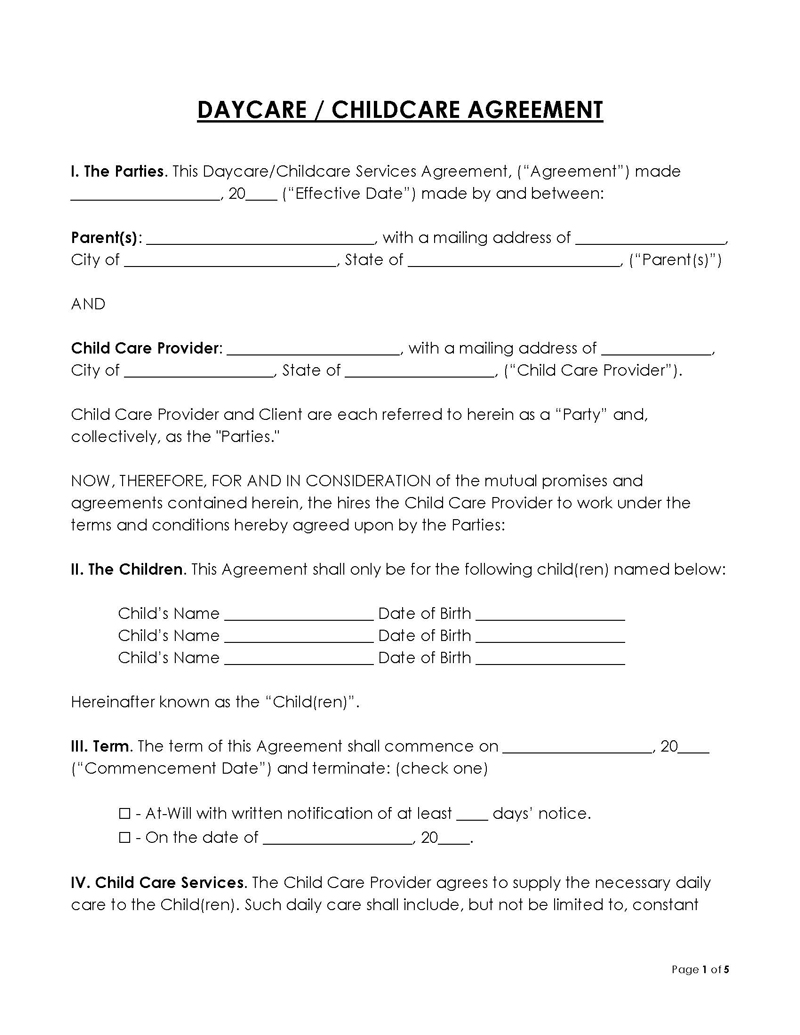
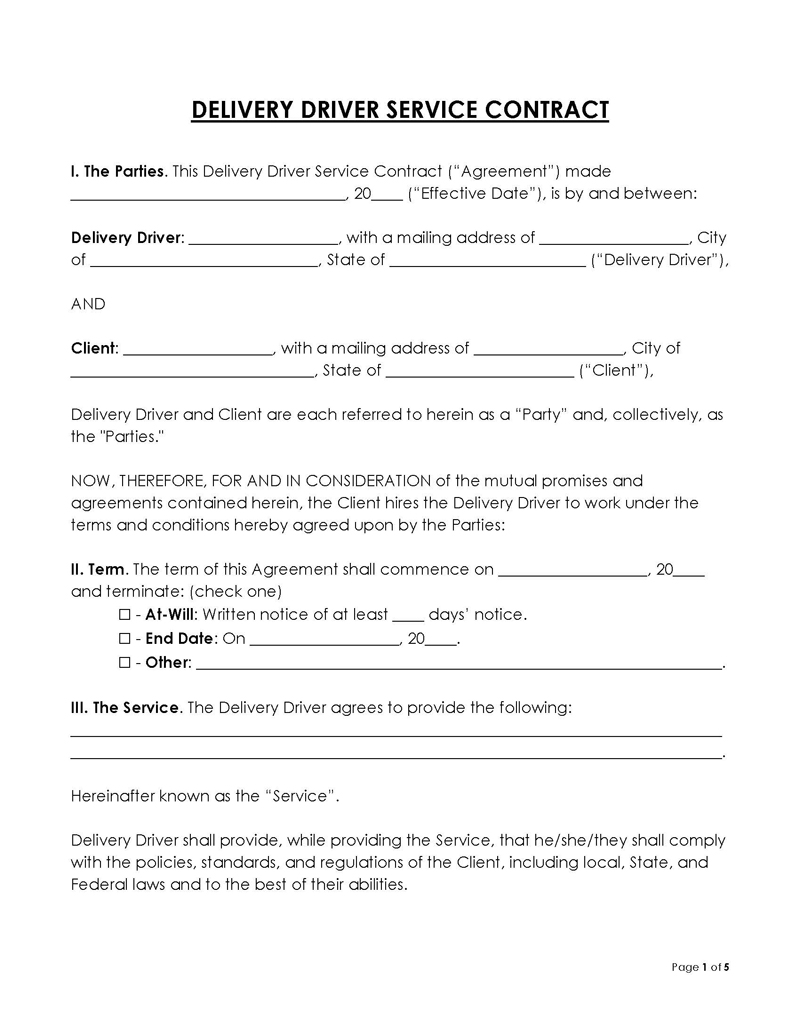
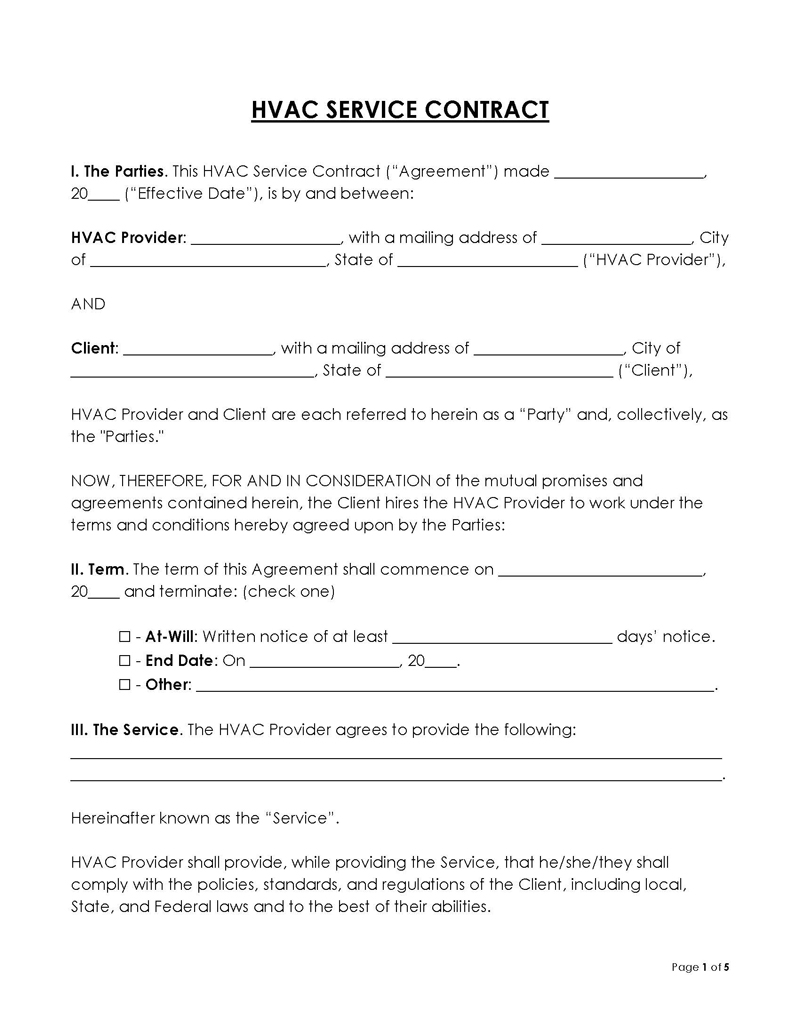
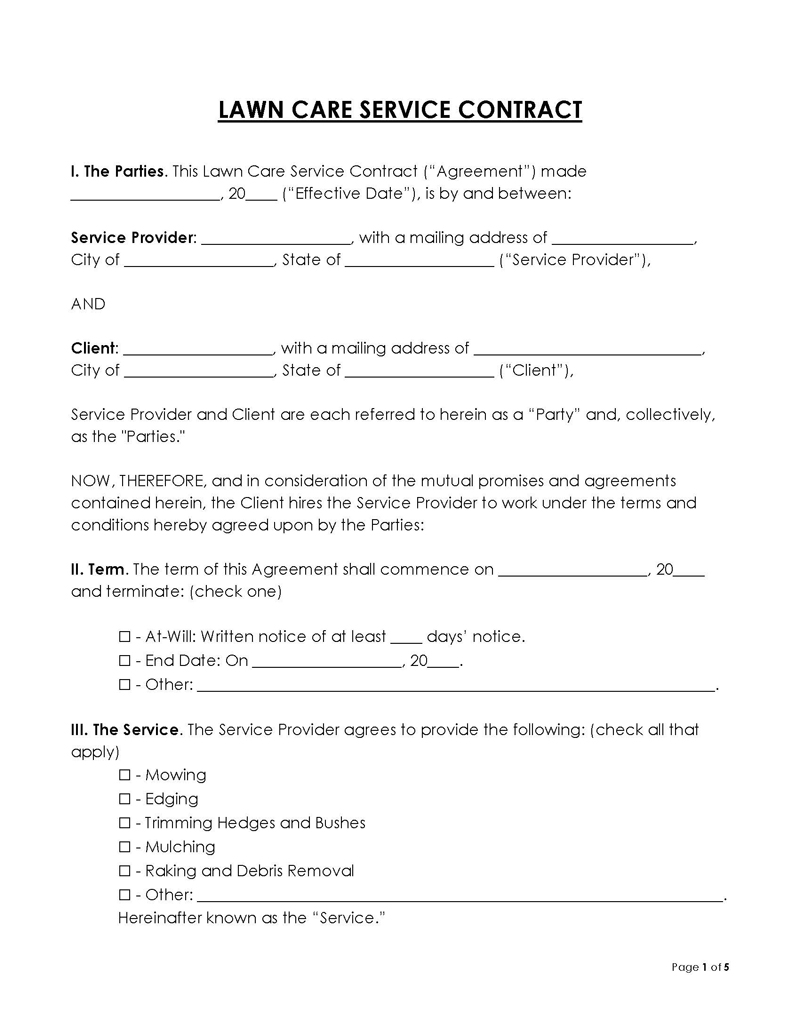
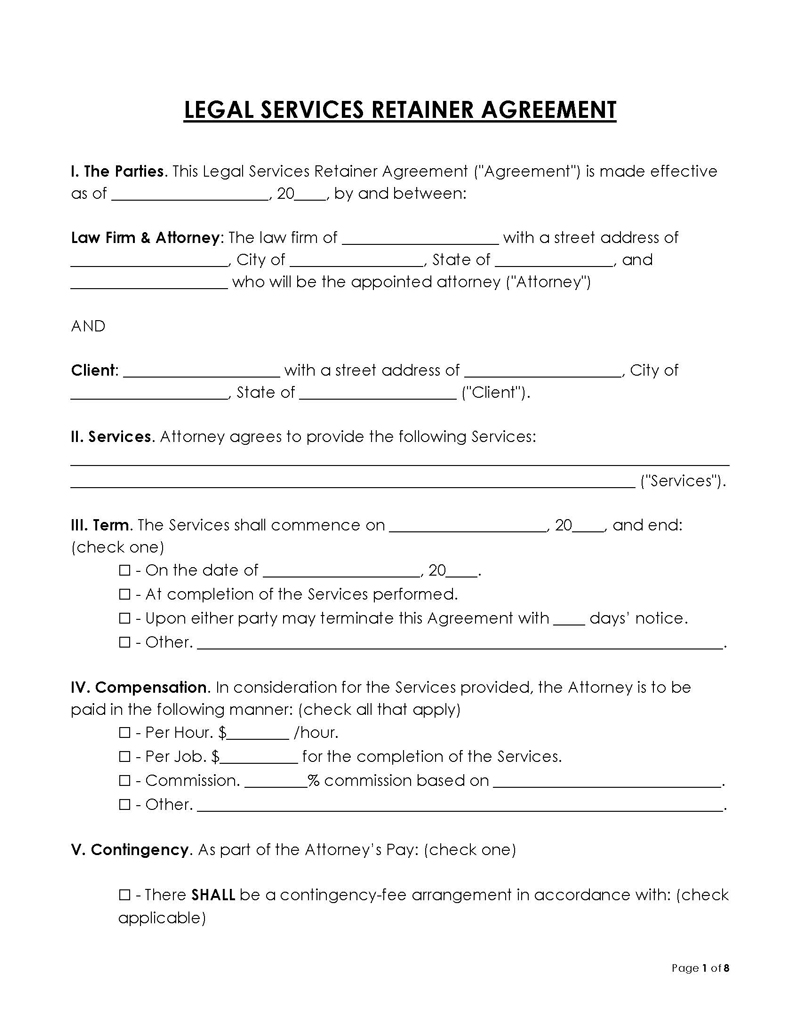
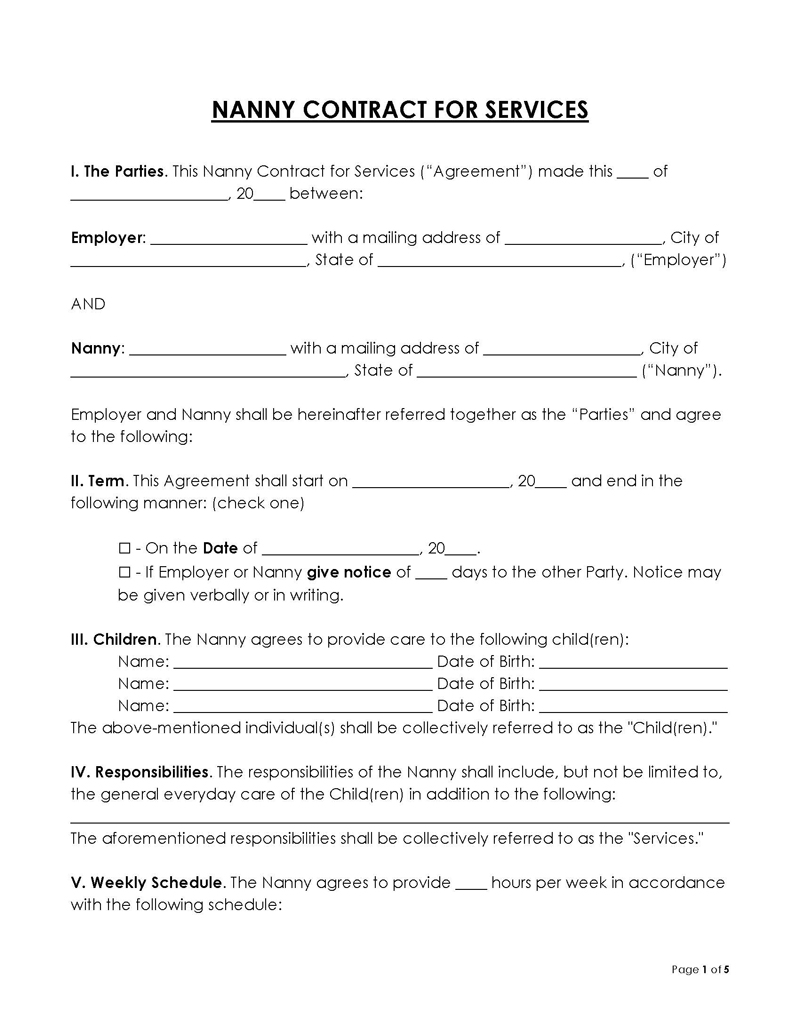
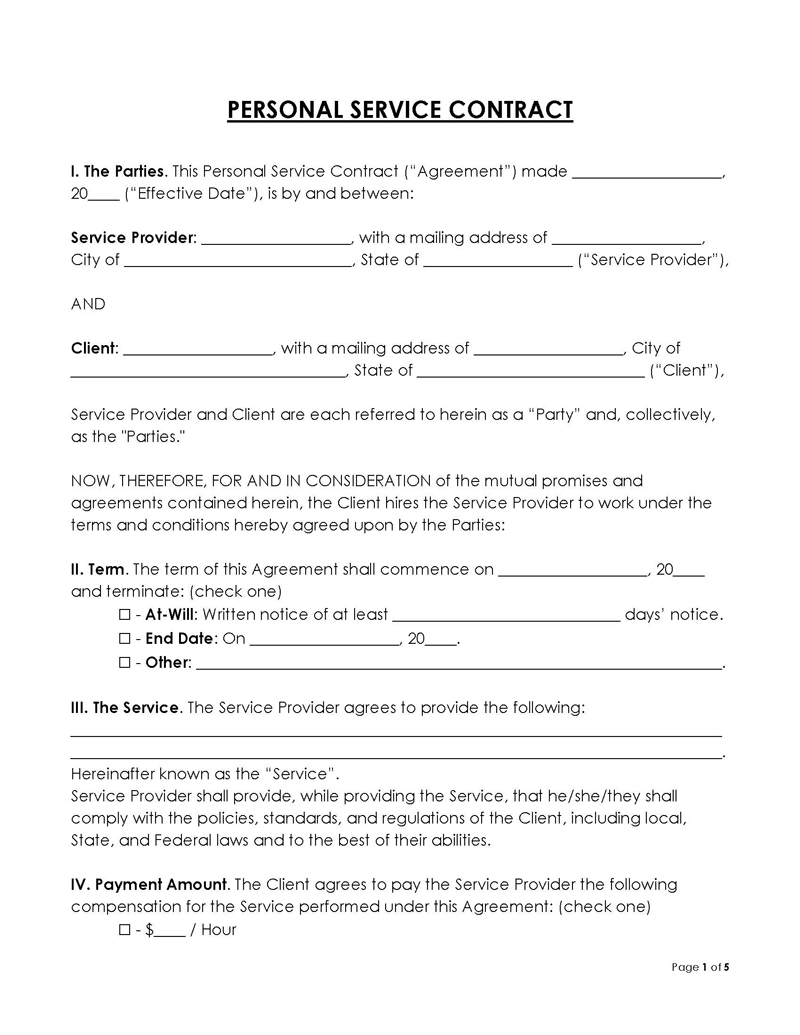
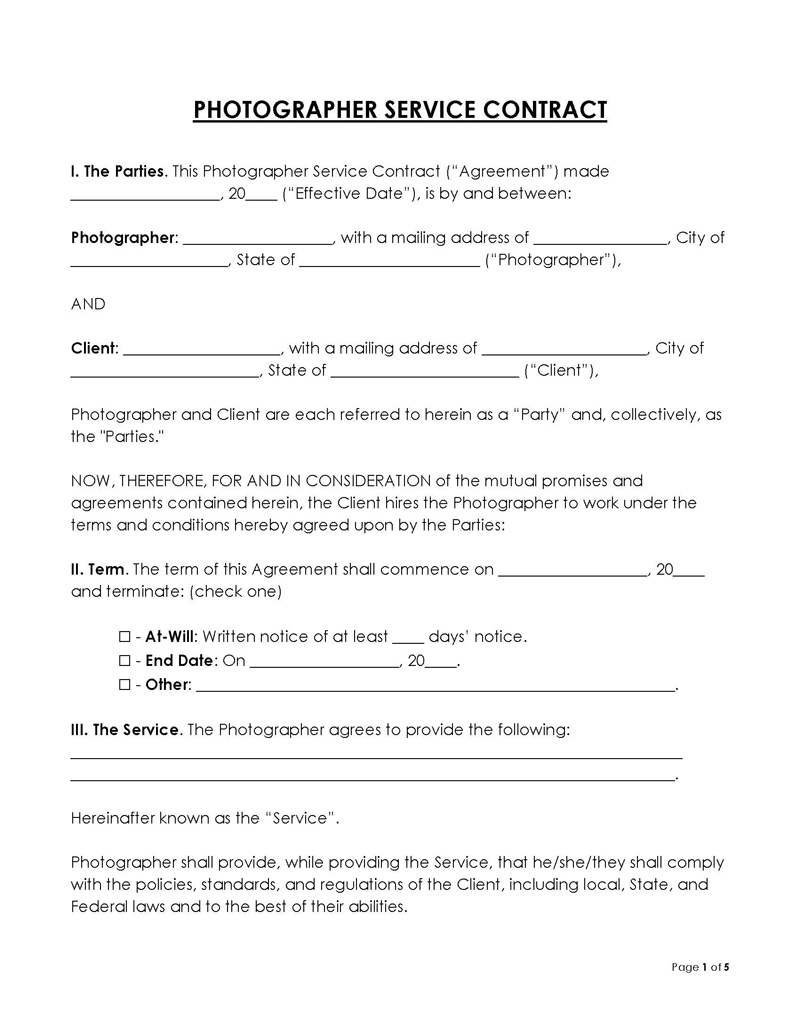
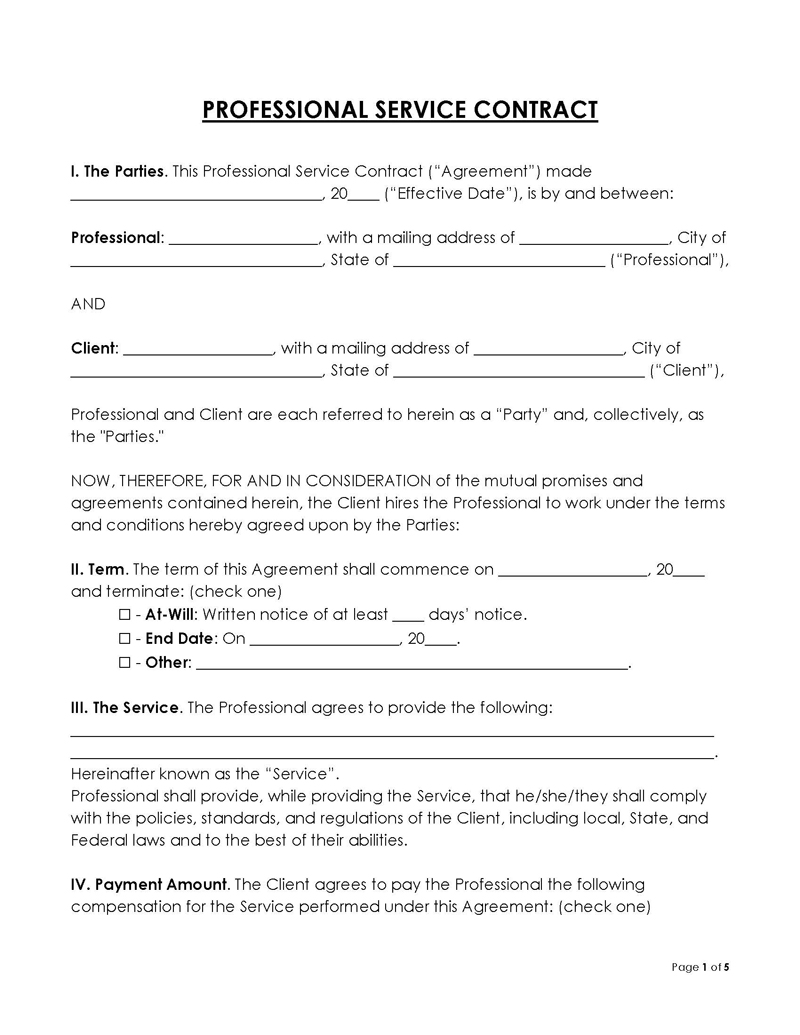
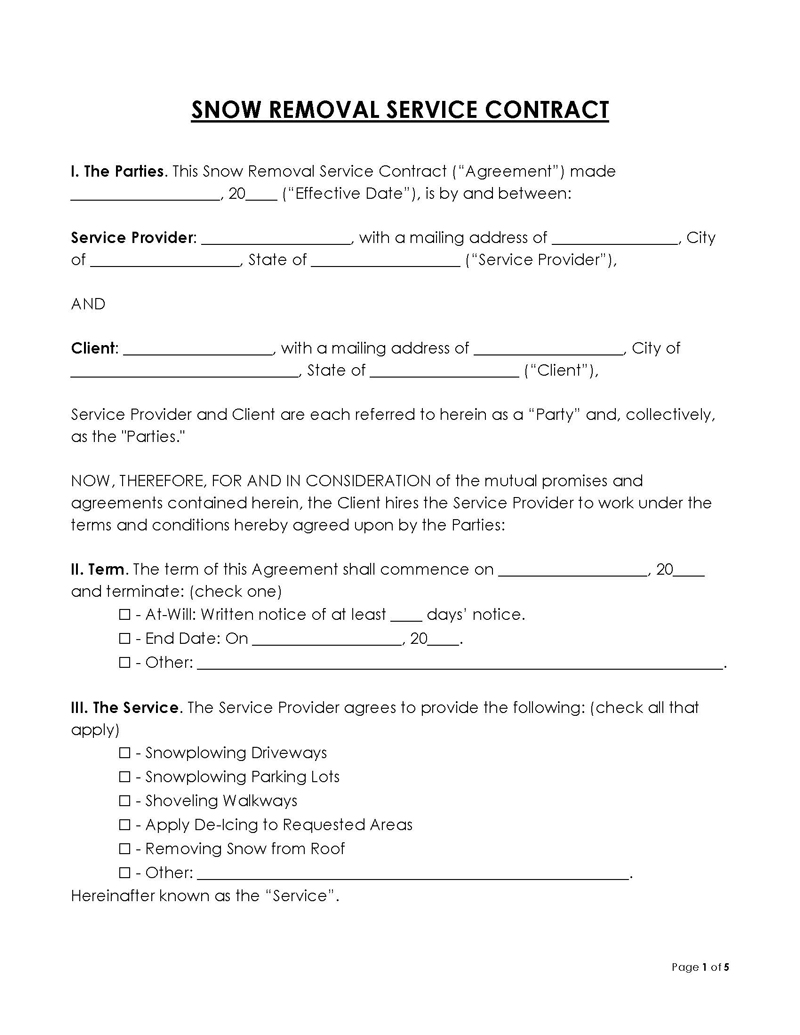
What is a Service Contract?
A service contract is also known as a ‘service agreement’, ‘consulting services agreement’, ‘general service contract’, or an ‘independent contractor agreement’. It is a legal document outlining the conditions for offering and receiving services in exchange for compensation, thus binding the parties involved.
Different parties can sign a contract, including two individuals, two or more businesses, or one person and a business. Service contracts are equally vital for receivers and providers. For receivers, the contract represents a document that contains essential information such as the type of service provided, the amount charged, the payment due, and covered expenses.
It is slightly different for providers, containing details regarding the provision and duration of services, including information about the beginning and ending of those provided.
According to the Federal Law, all service contracts valued at $2,500 or more bind service receivers to pay their employees the minimum wage for the work done, also known as the prevailing wage.
Service contract templates aim to lay out the terms and conditions for providing and receiving desired services. Additionally, the template protects all parties’ interests and ensures they follow and meet the set terms and conditions.
note
Service providers, contractors, or freelancers can provide various services, including:
- Adult or childcare
- PR, branding, and marketing
- Editing, writing and translating
- Illustration and graphic design
- Programming and web development
- Catering, bartending, live entertainment, and other special event services.
Many other services also use contracts and need contract templates.
Pre Considerations
Before an individual or a business decides to sign a contract or create a template, it’s crucial to consider all elements influencing the contract. After completing the following two steps, the involved parties can create a well-constructed and reliable template:
Learn about the other party
All participants should learn about the other party, whether an individual or a business, offering or receiving services. Gathering information can take many shapes and forms, from looking at official resumes, portfolios, and websites to checking their social media profiles and public testimonials; all sources are beneficial.
Inspecting the public directories, such as the local court docket, is another must avoid signing an agreement with parties with some concerning litigation records. It’s essential to sign contracts with individuals or businesses with a clean record and good reputation.
Discuss the services provided
After learning about the other party, it’s vital to consider the terms and conditions for offering and providing services. In most cases, discussing these terms and conditions includes negotiating the terms of the agreement and the compensation for provided services until the parties reach a mutual agreement.
Having the necessary information is essential when negotiating, so you should research the market and the primary competitors to negotiate better and receive the desired outcome. Once the parties define the services provided, it’s time to write the contract.
Writing a Template
Although drafting up an agreement might sound like a challenging, complex, and time-consuming task, it doesn’t necessarily have to be that way, especially if you have a template. Contracts may vary from client to client, but it is good to create a standard contract template.
Here are some essential steps for writing a detailed template, alongside a concise description of each step:
Date the agreement
One of the first elements a contract must have is the date of the agreement. Without it, no one can prove when the parties signed the contract.
The agreement date can be before any service takes place or after it, and knowing when the parties signed the contract is vital for numerous legal reasons.
Introduce the involved parties
Information about the parties involved is another must. Whether individuals, organizations or both, the contract must contain essential information.
The introduction of parties includes mentioning their official names, addresses, and contact details (phone numbers or email addresses). Including the contractor’s and client’s contact details in the contract makes it easy for each party to find the necessary information to contact the other quickly.
Include the state where the service is taking place
Each state has unique labor laws, including where the service occurs crucially. With this information, involved parties can examine the local laws and ensure they follow the rules. Besides the state laws, they also must comply with federal law.
The Fair Labor Standards Act and the Service Contract Act of 1965 govern the federal labor laws. The latter dictates that all service receivers in contracts exceeding $2,500 must pay their employees the minimum wage.
Describe the services being provided
As an agreement that guarantees the parties will offer and receive specific services, the contract needs to contain details about the services in question.
An accurate description of the provided services is necessary because the more precise the descriptions are, the easier it is to stay on track regarding the progress, and miscommunication is less likely to happen.
Providing an accurate description means all parties get a clear picture of what they can expect for delivering or receiving the desired service.
Write the duration of the services
The next element every service agreement must contain is its duration and the time during which the parties will offer and receive the specified services. Therefore, the contract can be:
- Part-time: until the service or the job is complete
- Fixed-term: duration with a clearly defined start and end date
- Permanent: as long as the service is required.
Outline the compensation
Compensation is another obligatory element of providing services, so outlining the compensation includes factors that affect how the parties exchange it. In most cases, the compensation outline includes:
- Pay rate
- Payment schedule
- Sales tax
- Late payment interest
- Non-performance consequences
Billing details
Whether the contractor receives hourly, daily, weekly, or monthly pay, the exact rate is the first step to defining billing details. Besides the amount of money they charge for the services, contractors need to include other billing details, such as whether they have already included the sales tax or they will add it later on. They also must describe the exact payment methods in the contract.
Deposit
Sometimes, a deposit is a part of agreements. Deposits are specific sums of money that the service receiver must pay before work begins. They act as a security and collateral for the services. If a deposit happens to be a part of the agreement, it’s essential to state the deposit amount in the contract. For reference, deposits are usually 10-50% of the total amount in the contract.
Payment schedule
Payment schedules describe when the payments are due. They have countless variations, and the parties can fully customize them. However, some general guidelines exist.
One-time jobs are paid when the work is done. More complex services require payments after reaching objectives or completing certain stages of the entire project.
Indefinite contracts come with fixed payment schedules.
Late payments
Each template should dedicate a part of the agreement to outlining the processes both parties must follow if neither meets the basic payment plan. In addition, they must set specific time frames to inform clients about the duration of standard rates and fees.
Contractors can introduce interest rates on late payments if no payments occur during the specified time frame. Naturally, some limitations exist here, too. Usury laws don’t enforce excessive interest rates, and they rarely go above 25% on the unpaid amount per year.
State the agreement’s terms
Service agreements also include stating the terms and conditions both contractors and customers must follow:
Reimbursing expenses
In some cases, contractors need to spend more money than initially planned if they want to complete all tasks the contract requires. Many parties know that and reimburse contractors for additional work-related expenses. However, it’s crucial to mention which costs they cover and how.
Intellectual property
Intellectual property includes all intangible property resulting from the creation of the mind. Brand names, logos, blueprints, patents, and designs are some widely popular examples of intellectual property. If the service provided likely entails getting creative and designing unique works, it’s essential to establish who receives the property owner rights to the final product.
Confidentiality
Some contracts require special terms, such as confidentiality. Confidential service contracts often contain private and sensitive information that can cause harm to the individual or business if it ever leaks.
Insurance and compliance terms
Service agreements that deal with offering and receiving risky services include insurance and compliance terms that guarantee the services comply with the insurance laws. Therefore, the insurance policy covers them.
Termination and breach of the contract term
Whether a particular contract covers a one-time job or a specific party terminates it unexpectedly, all parties should know the processes after such an event. Common elements that the termination and breach of the contract terms include are:
- Adequate notice period
- Actions specifying a breach
- Completion of payments after termination.
Dispute resolution
It’s not uncommon for some conflicts to arise between the parties the service contract binds. Nevertheless, dispute resolution can settle any arguments and resolve the issues that might hinder further project development.
Include any additional terms
Adding additional terms is also a possibility. Although these terms aren’t obligatory, they could help clarify certain aspects of the contract, including:
- Indemnity
- Legal expenses
- Liability
- Return of property
Signing details
A blank space for the signature, the signing date, and the presence of witnesses are some signing details that should be a part of every service agreement.
Tips
Several additional tips can help you draft a more concise and accurate template. These include:
Hire a contract lawyer
Getting help from an expert contract lawyer will ensure your document is free from errors and ambiguities while retaining essential details.
Avoid using ambiguous terms or jargon
Service contracts should be easy to understand. Vague terms and jargon can confuse the parties and make their communication less effective.
Provide termination terms
Including the termination, rules are obligatory for informing the parties about the outcomes if termination occurs.
Keep information confidential
All sensitive parts of the contract and private information should be confidential, allowing the parties to keep some parts of the agreement private.
Keep it simple
Write the agreement’s terms and conditions as simple as possible to ensure all parties are familiar with their obligations. Lengthy documents make that increasingly difficult to achieve.
Get everything in writing
Contracts don’t support anything you don’t mention in them. Because of that, you should put everything in writing and seal it with a signature.
Frequently Asked Questions
If one party can’t meet the deadline or fulfill the contract’s services, the outcome depends on the parties involved. Some parties decide to resolve the matter and come to an agreement, such as extending the deadline or offering additional help. Others choose to terminate the contract, which requires following the termination terms they defined in the contract.
Generally speaking, service providers sign the contract first. However, that isn’t always the case, and it’s important to mention no contract is valid unless both parties sign the document.
Like other contracts, you can terminate contracts after one of the following circumstances:
One or both parties breach any of the agreement conditions
They give a written termination notice by respecting the adequate notice period.
Contracts inform all involved parties about the rules of offering and providing services and eliminate any confusion or misunderstandings. Therefore, contracts are necessary for all contractors and their clients.












